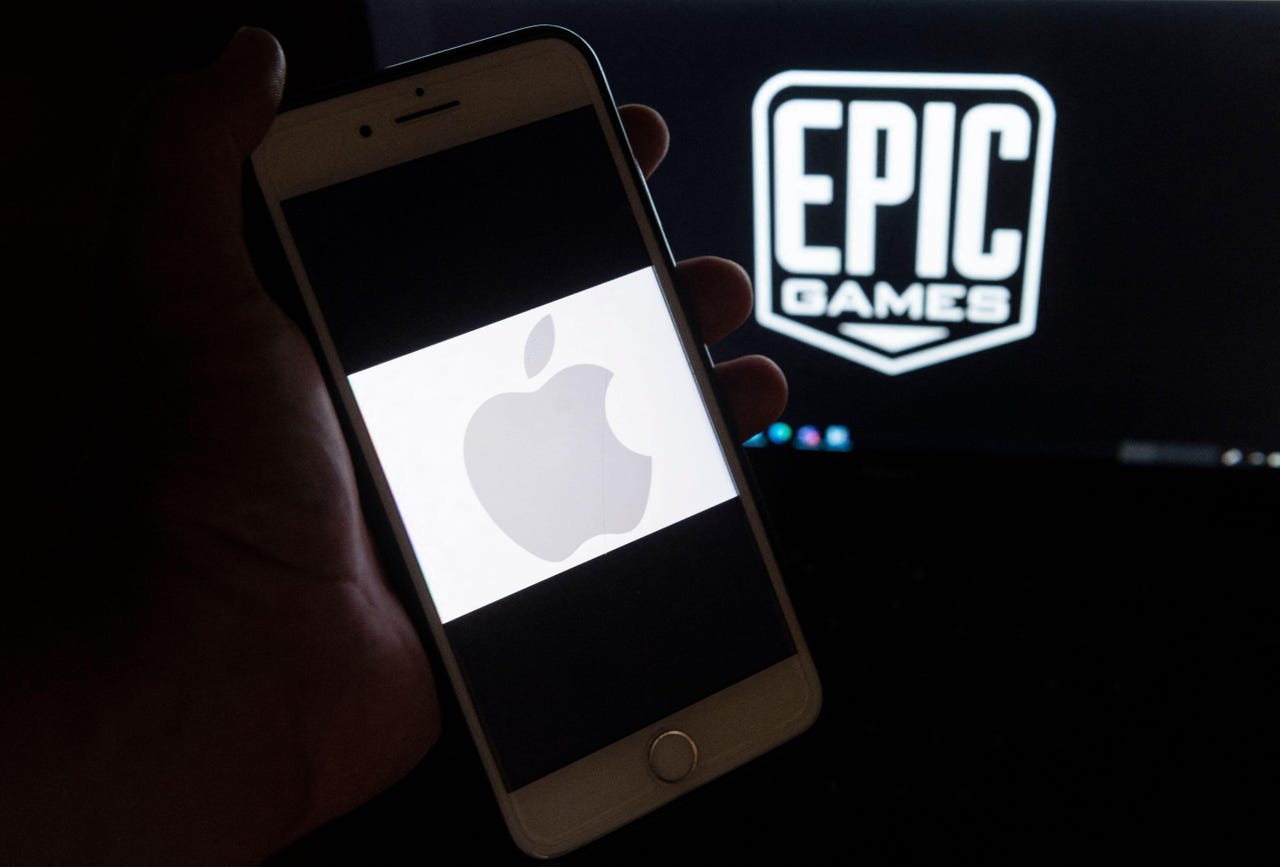Epic Games appeals decision made in antitrust lawsuit against Apple


Epic Games has filed a notice of appeal days after a judgment was made for its US antitrust lawsuit against Apple.
The games developer is making an appeal of the federal court's broader decision, which mostly sided with Apple. In that judgment, US District Judge Yvonne Gonzalez Rogers rejected Epic's claims that Apple was a monopoly.
"Success is not illegal," Gonzales Rogers wrote in her judgment.
She also said that Apple did not act anti-competitively in removing Fortnite from the App Store, finding that the games developer violated its developer agreements when it introduced a new payment system that sidestepped the iPhone maker's payment systems and in-app purchase commissions.
In making that finding, Gonzales Rogers ruled Apple is entitled to damages from Epic Games for breach of contract, with the games developer being ordered to pay damages in an amount equal to 30% of the more than $12 million in revenue Epic Games collected from users in the Fortnite app on iOS via Epic Direct Payment between August and October 2020.
Additionally, Epic Games has also been ordered to pay 30% of any such revenue Epic Games collected from November 2020 through to the date of judgment.
Where Gonzales Rogers' mixed decision did side with Epic Games is that Apple was found to have engaged in anticompetitive conduct under California's competition laws. Consequently, Apple was slapped with a permanent injunction that bans the iPhone maker from preventing developers from communicating with customers via contact information that customers voluntarily submit when they set up an account within an app.
The legal spat between the companies arose when Fortnite was booted off Apple and Google's app stores for introducing a new payment system that sidestepped the tech giants' payment systems and in-app purchase commissions. Epic Games then filed various antitrust lawsuits against Apple, accusing the iPhone maker of conducting anti-competitive and monopolistic practices due to their 30% commission fee structures.
RELATED COVERAGE
- US judge rules Apple can't block in-app purchasing
- Apple settles lawsuit to allow developers to use payment systems outside of App Store
- Apple is surprised that developers take issue with its app review process
- Australian Epic Games-Apple trial conditionally set for November 2022
- Google allegedly considered buying Epic Games to remove app store competition
- Epic Games wins appeal to recommence app store competition lawsuit against Apple
- UK court dismisses Epic Games lawsuit against Apple
- Epic Games receives another $1 billion in funding with $200 million from Sony
- ACCC wants to appear in Epic-Apple lawsuit to provide its public policy views
- Epic Games extends legal fight against Apple to the European Union
- Epic Games extends app store battle to Google in Australia
- States bring antitrust suit against Google over Play Store
- Epic Games brings Apple legal stoush to Australia